Claire Caulfield was a reporter for Honolulu Civil Beat and audio producer for the Offshore podcast.
In 2021, Claire was covering the future of agriculture for Civil Beat’s Hawaii Grown podcast.
Last year Claire hosted the podcast “Are We Doomed? And Other Burning Environmental Questions.” The project answered reader questions about recycling, climate change and environmental education. Her work on season 4 of Offshore focused on how Native Hawaiians changed U.S. History and shared the struggles and successes of life in the modern Hawaiian diaspora.
Claire has worked in Arizona, Louisiana, Washington D.C., Montana and New Jersey. Her reporting has won multiple awards, including a Rocky Mountain Emmy and a Webby.
If you want to talk about island issues or chat about your favorite podcasts, contact Claire at ccaulfield@civilbeat.org or @CaulfieldCM.
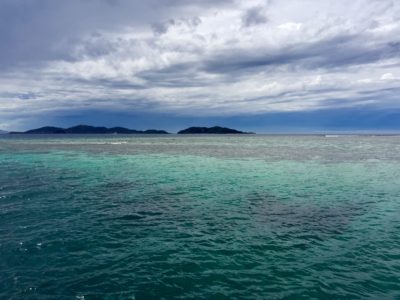 Nathan Eagle/Civil Beat/2017
Nathan Eagle/Civil Beat/2017
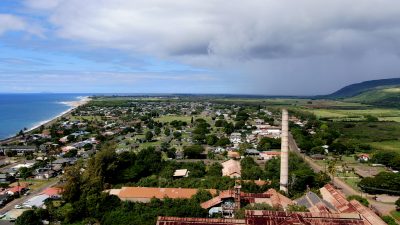 Ku‘u Kauanoe/Civil Beat/2022
Ku‘u Kauanoe/Civil Beat/2022
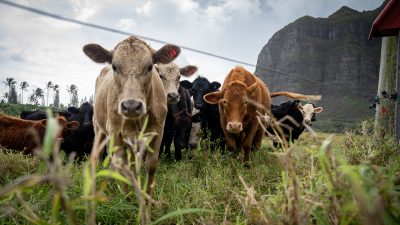 Ku'u Kauanoe/Civil Beat/2021
Ku'u Kauanoe/Civil Beat/2021
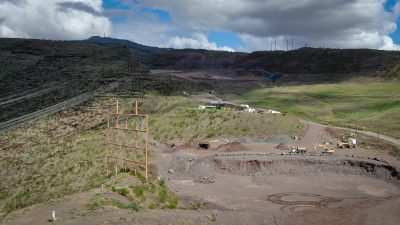 Ku‘u Kauanoe/Civil Beat/2021
Ku‘u Kauanoe/Civil Beat/2021
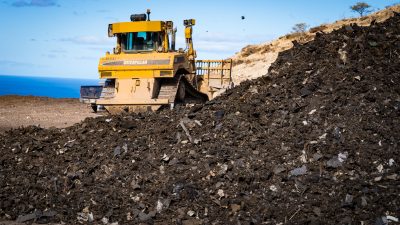 Ku‘u Kauanoe/Civil Beat/2021
Ku‘u Kauanoe/Civil Beat/2021
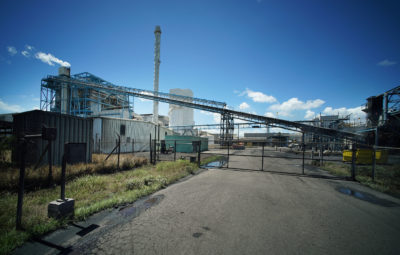 Cory Lum/Civil Beat/2017
Cory Lum/Civil Beat/2017
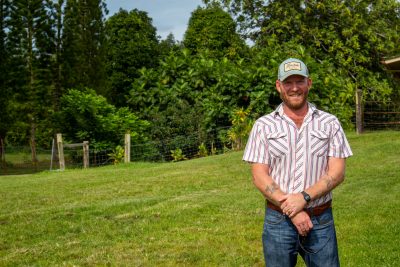 Claire Caulfield/Civil Beat/2021
Claire Caulfield/Civil Beat/2021
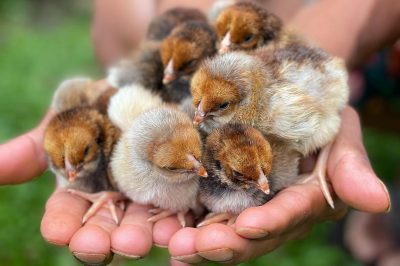 Courtesy: Donnie Alverson of Paradise Poultry
Courtesy: Donnie Alverson of Paradise Poultry
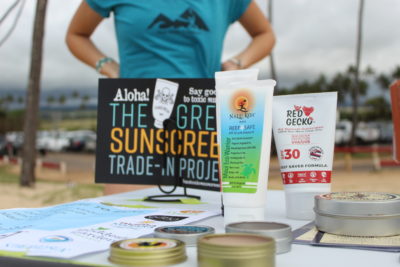 Courtesy of Kiera Ryon and Kiana Liu
Courtesy of Kiera Ryon and Kiana Liu
